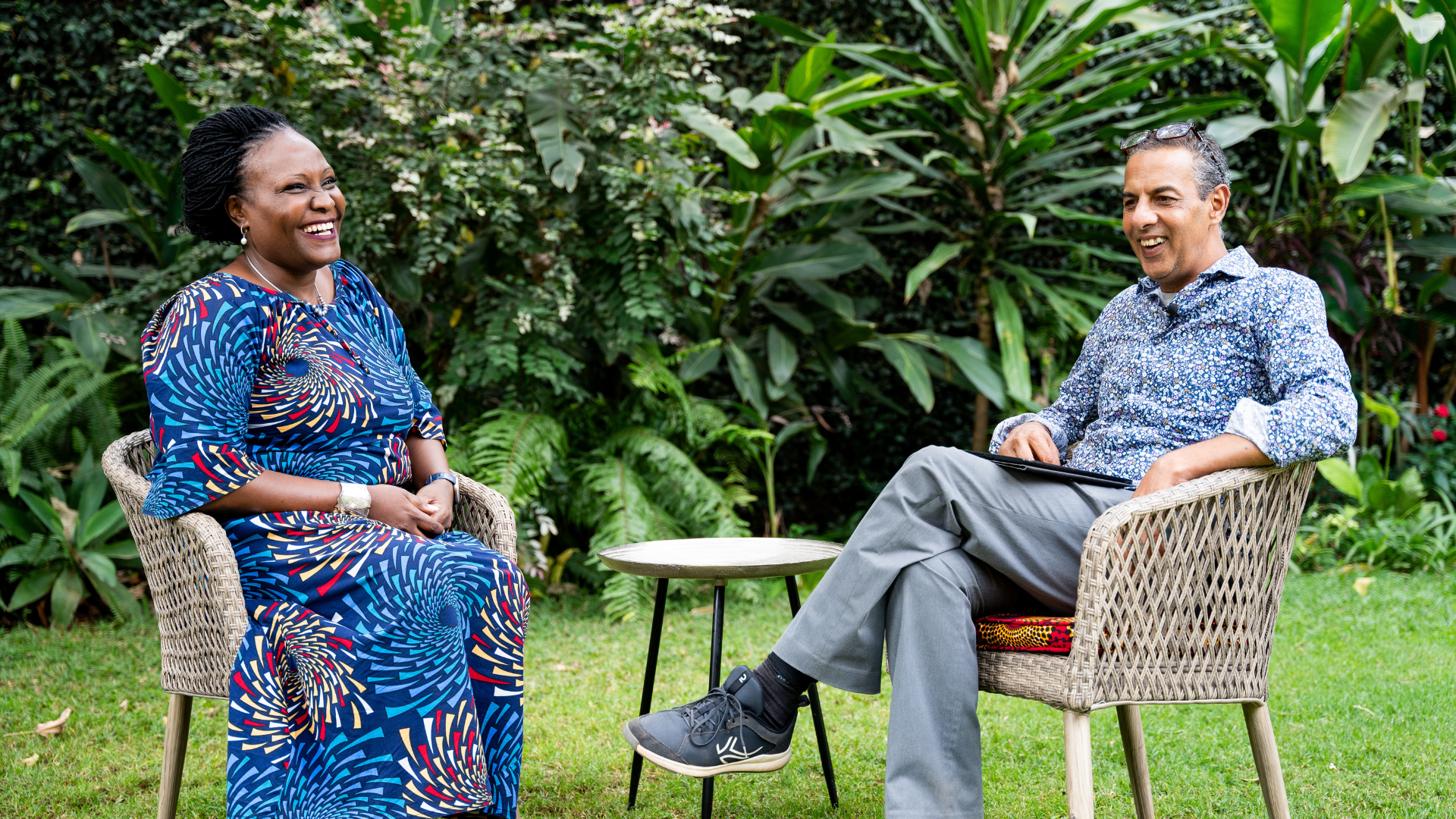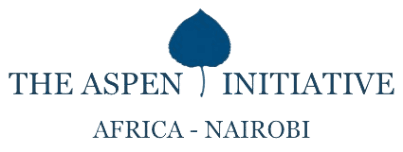
A conversation with Murad Rayani
How do we define what makes someone truly African? The African identity is highly diverse, encompassing a variety of languages, cultures, and beliefs across the continent. Murad Rayani and AIA-N Director, Dr. Laila Macharia met in person to explore the complexities and various qualifiers used to define African identity among diasporans, immigrants, Francophone and Anglophone individuals among others.

Rayani, a filmmaker born and raised in Parklands, Nairobi, shared his family history tracing back to his grandparents’ migration from Gujarat, India, to East Africa. He recounted his grandfather’s journey as a young boy, sent away from famine-stricken Gujarat to build a new life in Africa. This narrative of migration, survival, and entrepreneurship resonates with many African stories, highlighting the shared experiences of building anew in a new land.
Examining Africa’s colonial legacy reveals that Asians, particularly Indians, played a crucial role as administrators and builders, significantly contributing to infrastructure development such as railways. This historical context influences the perceptions of Asian communities in post-colonial Africa, where the struggle for independence prompted a redefinition of national identity and the role of minorities.
Asians encountered challenges related to assimilation and identity. Many Asian communities across Africa felt the need to retreat into a “shell” for survival, reflecting the complex relationship between ethnic identity, economic prosperity, and political representation.

The discussion also explored the diversity within the Asian community, emphasizing the various cultural, religious, and social differences that exist. Despite these differences, there is a shared history of migration, adaptation, and contribution to the African experience.
As the conversation drew to a close, Rayani addressed contemporary issues such as racism and social dynamics within the Asian community, challenging the notion of a monolithic African identity. The discussion highlighted the need for dialogue and understanding across diverse communities.
“Who is an African?” through Rayani’s perspective reveals a multifaceted identity shaped by history, migration, and adaptation. It emphasizes the importance of recognizing Africa’s diversity and the contributions of all communities to the continent’s rich tapestry of cultures and identities.
